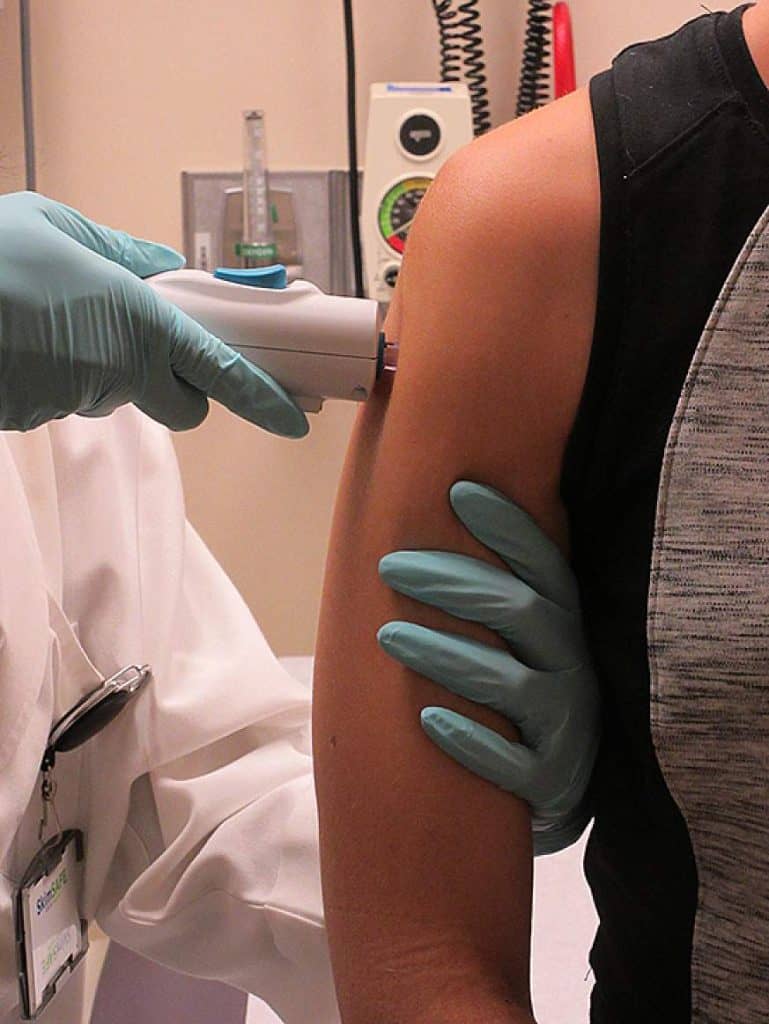
NIH launches test of investigational human Zika vaccine
pharmafile | August 4, 2016 | News story | Research and Development | Vaccine, Zika virus
The National Institute of Allergy and Infectious Diseases (NIAID), part of the National Institutes of Health, has begun the clinical trial of a vaccine intended to prevent infection of the Zika virus. The study will comprise at least 80 healthy participants aged 18 – 35 and aims to assess the vaccine’s safety and ability to generate an immune system response in patients.
With active Zika virus transmission registered in more than 50 countries and territories according to the Centers for Disease Control and Prevention, including 6,400 cases in the US alone, this study comes as part of the US government’s efforts to combat the outbreak.
“A safe and effective vaccine to prevent Zika virus infection and the devastating birth defects it causes is a public health imperative,” said NIAID director Anthony S. Fauci. “NIAID worked expeditiously to ready a vaccine candidate, and results in animal testing have been very encouraging. We are pleased that we are now able to proceed with this initial study in people. Although it will take some time before a vaccine against Zika is commercially available, the launch of this study is an important step forward.”
The treatment is a DNA vaccine, containing genes that code for proteins of the Zika virus; when administered, the body mounts an immune response. DNA vaccines do not contain infectious material and as such cannot cause harmful infections.
“A team of scientists here at NIAID worked tirelessly to rapidly develop this vaccine for clinical testing,” said John Mascola, M.D., director of NIAID’s VRC. “DNA or gene-based vaccines induce antibodies, but they also can activate the cell-mediated immune response, which ultimately could yield strong and durable protection against disease.”
Zika virus infections are generally asymptomatic, sometimes manifesting in mild illness, but foetuses infected with the virus during pregnancy can suffer serious birth defects such as microcephaly and other fatal brain and organ complications. There are currently no methods to treat or prevent the disease.
Matt Fellows
Related Content

GSK shares new data for RSV vaccine Arexvy
GSK announced positive results from its phase 3 trial which assessed the immune response and …

GSK and Zhifei partner for shingles vaccine promotion in China
GSK has announced that it has come to an exclusive agreement with Chingqing Zhifei Biological …

WHO recommends new vaccine for prevention of malaria in children
The World Health Organization (WHO) has announced that it has recommended a new vaccine, R21/Matrix-M, …








